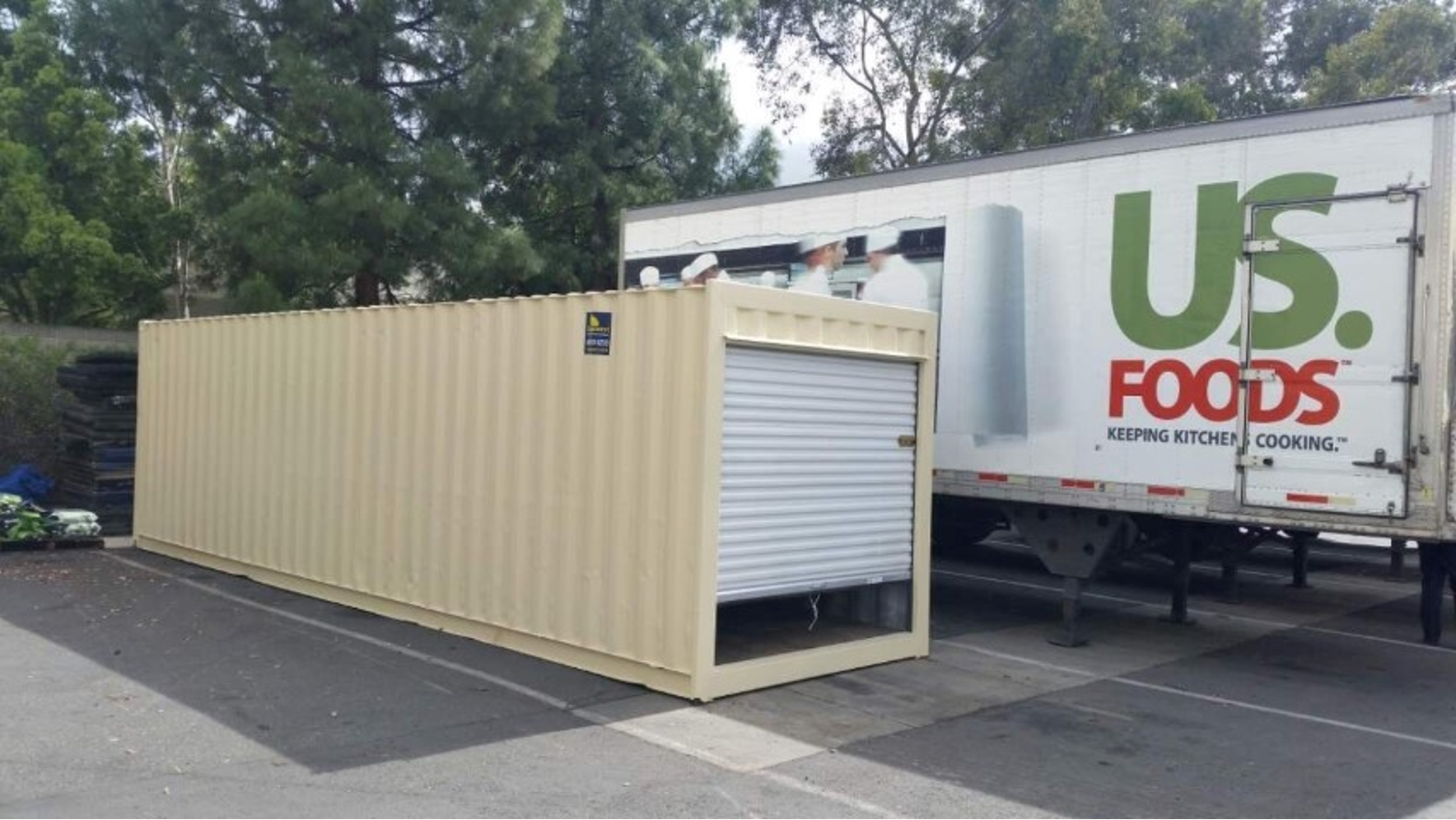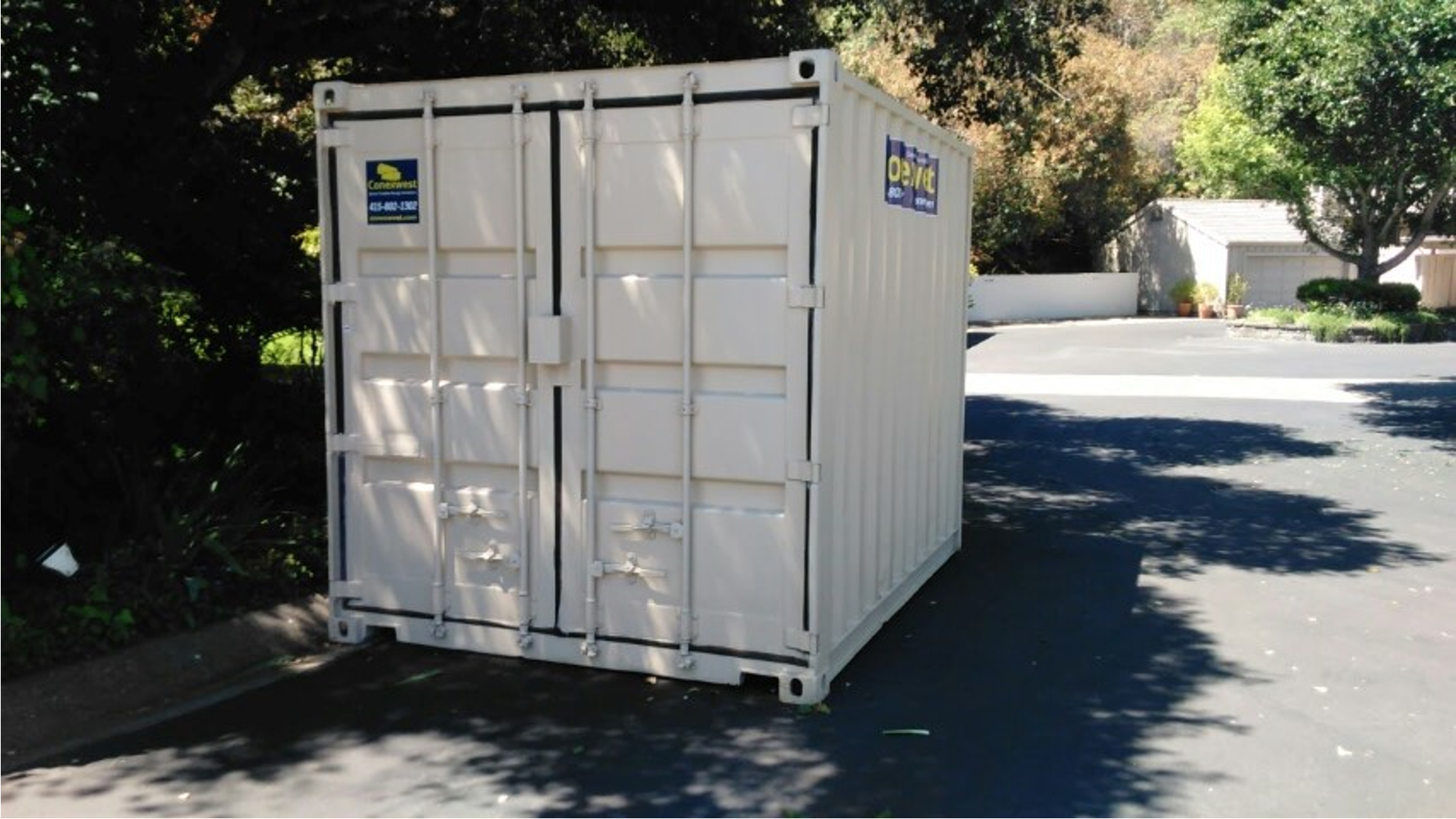Alaska Shipping Container Zoning Laws, Permits & Building Code Requirements
Get a quoteAlaska Shipping Container Zoning Law, Permit & Building Code Guide
Key Takeaways
- Shipping containers in Alaska must comply with local zoning laws, which vary by municipality.
- Special use permits may be required for non-standard container uses.
- Permits for shipping containers in Alaska cover application fees, structural inspections, and adherence to building codes.
- Consulting with local authorities and hiring professional contractors will help maintain compliance with Alaska’s regulations.
- Conexwest is a reliable shipping container provider that can also help you adhere to Alaska’s laws.
Shipping Container Zoning Laws, Permits, & Building Code Requirements In Alaska
Zoning Laws
Zoning laws in Alaska dictate where and how shipping containers can be used, determining the suitability of land for residential or commercial purposes.
- Residential Use: Shipping containers can be used as homes or storage in designated residential zones. However, they must comply with local zoning ordinances regarding size, appearance, and placement.
- Commercial Use: In commercial zones, containers may be used for business purposes or storage, but regulations may apply regarding aesthetics and operational impacts on the surrounding area.
For example, in Anchorage, shipping container homes are allowed in residential zones but must meet design standards so they blend with the neighborhood aesthetics. The law requires containers to be modified to include windows, doors, and siding that adhere to local architectural guidelines.
However, Fairbanks has more lenient zoning regulations for shipping containers - they can be placed on residential properties without extensive modifications, provided they meet basic safety and sanitation standards.
Permit Requirements
Before constructing or placing a shipping container on your property, you need to obtain the necessary permits. The process generally includes:
- Application Submission: You must submit detailed plans to local authorities that outline your project scope, including modifications to the container and any utility connections.
- Permit Fees: A fee is typically required upon submission of your permit application. The amount varies by municipality.
- Inspection Requirements: Once your permit is approved, inspections will be conducted at various stages of construction to maintain compliance with building codes and safety standards.
For example, in Juneau, you must obtain a building permit specifically for container homes - you should submit a plan that demonstrate compliance with local building codes and zoning laws. The city also requires a site plan showing the container's placement relative to property lines.
Building Code Requirements
Alaska’s building codes are designed to ensure safety and structural integrity, particularly given the state’s environmental challenges such as extreme cold and seismic activity.
- Structural Integrity: Containers must be modified to meet structural requirements that account for heavy snow loads and potential seismic activity. This may involve reinforcing the structure or adding proper foundations.
- Insulation Standards: Due to Alaska's cold climate, adequate insulation is required to maintain livable conditions within shipping containers.
- Electrical and Plumbing Codes: All electrical wiring and plumbing installations must comply with Alaska’s Electrical Code (based on the NEC) and Plumbing Code (based on IPC).
Accessibility Standards
All new construction in Alaska must comply with the Americans with Disabilities Act (ADA) Standards for Accessible Design, which requires modifying container homes so that they are accessible to individuals with disabilities.
Conexwest, a leader in shipping and storage solutions based in Northern California, offers new, used, and refurbished containers from 10ft to 45ft, with fast delivery within 3-7 days and container fabrication options like adding shelves and locks. We serve over 10,000 customers nationwide, including prestigious clients like the U.S. Navy and Google. As an ISO 9001 and AWS-certified company, we ensure top quality and competitive pricing. |
Tips For Complying With Alaska’s Regulations

Conexwest provides quality shipping containers and fabrication service
- Research local zoning regulations to determine if shipping containers are permitted in your area and any specific requirements regarding size, appearance, and placement.
- Adhere to insulation standards specified in the Alaska Energy Code to maintain livable conditions in the state's cold climate. Aim for minimum R-values as outlined in the code.
- Work closely with local authorities throughout the planning and construction process. They can provide guidance, clarify requirements, and share insights from successful container projects in your area.
- Work with professionals like us familiar with Alaska's building codes and regulations. Our expertise can help you speed up the permitting process and maintain compliance.
- Stay informed about any updates or amendments to zoning laws, permits, and building codes by regularly checking with local authorities and relevant agencies.
- Prepare the land properly by placing containers on a solid foundation like a gravel pad to prevent shifting and distribute weight evenly.
- Consider necessary utility connections, safety measures, and environmental concerns when planning your container project.
Choose Conexwest For Your Shipping Container Needs

Conexwest provides quality shipping containers and fabrication service
Our commitment to quality, customer service, and innovative solutions makes us the ideal choice for both individuals and businesses looking for reliable shipping and storage containers. Here’s why we stand out:
- Extensive Inventory and Options: We have a vast inventory of shipping containers in various sizes (from 10ft to 45ft), types (high cube, reefer, open-top, flat rack, etc.), and conditions (new, used, and refurbished).
- Fast Delivery and Service: With our efficient delivery system, you can expect your container to arrive on-site quickly - often within just 3-7 days of placing your order. Plus, we also provide ongoing service and support as needed.
- Customization Capabilities: If you have special needs for your container, we can make it happen. Using our ConexBuilder tool, you can design your container exactly how you envision it.
- Quality Assurance: All our containers come with a warranty of up to 10 years so that you receive a reliable product that you don’t have to worry about.
- Excellent Customer Service: With us, you can expect prompt responses and professional assistance every step of the way. So, if you need an instant quote or guidance on the best container for your needs, we're here to help.
Frequently Asked Questions (FAQs)
- Can I live in a shipping container in Alaska?
Yes, you can live in a shipping container in Alaska, but you must comply with local zoning laws, building codes, and permit requirements. Proper insulation, heating, and safety measures are essential for a comfortable and compliant living space.
- How long does it take to get a permit?
The timeline for obtaining a permit can vary depending on the municipality and the complexity of your project. Generally, it can take anywhere from a few weeks to a few months. Consulting with local authorities and submitting a complete application can help expedite the process.
- How do I find out the regulations for my location in Alaska?
The best way is to contact your local building department or planning office - they will provide the zoning laws, permit requirements, and building codes that apply to your municipality and property. Consulting with them early in the planning process can help avoid delays.
- Do I need to hire professionals to ensure my container project meets regulations?
While not strictly required, it is highly recommended to work with local professionals like architects and contractors who are familiar with Alaska's container home regulations. They can help with the permitting process and maintain compliance with building codes.
- What types of shipping containers does Conexwest sell?
Our inventory includes:
- Standard Containers: Ideal for general storage and transport.
- Refrigerated Containers: Perfect for temperature-sensitive goods.
- High Cube Containers: Provides extra vertical space for taller items.
- Insulated Containers: Designed to maintain stable internal temperatures.
- Custom Containers: Customized for applications like offices and workshops.
